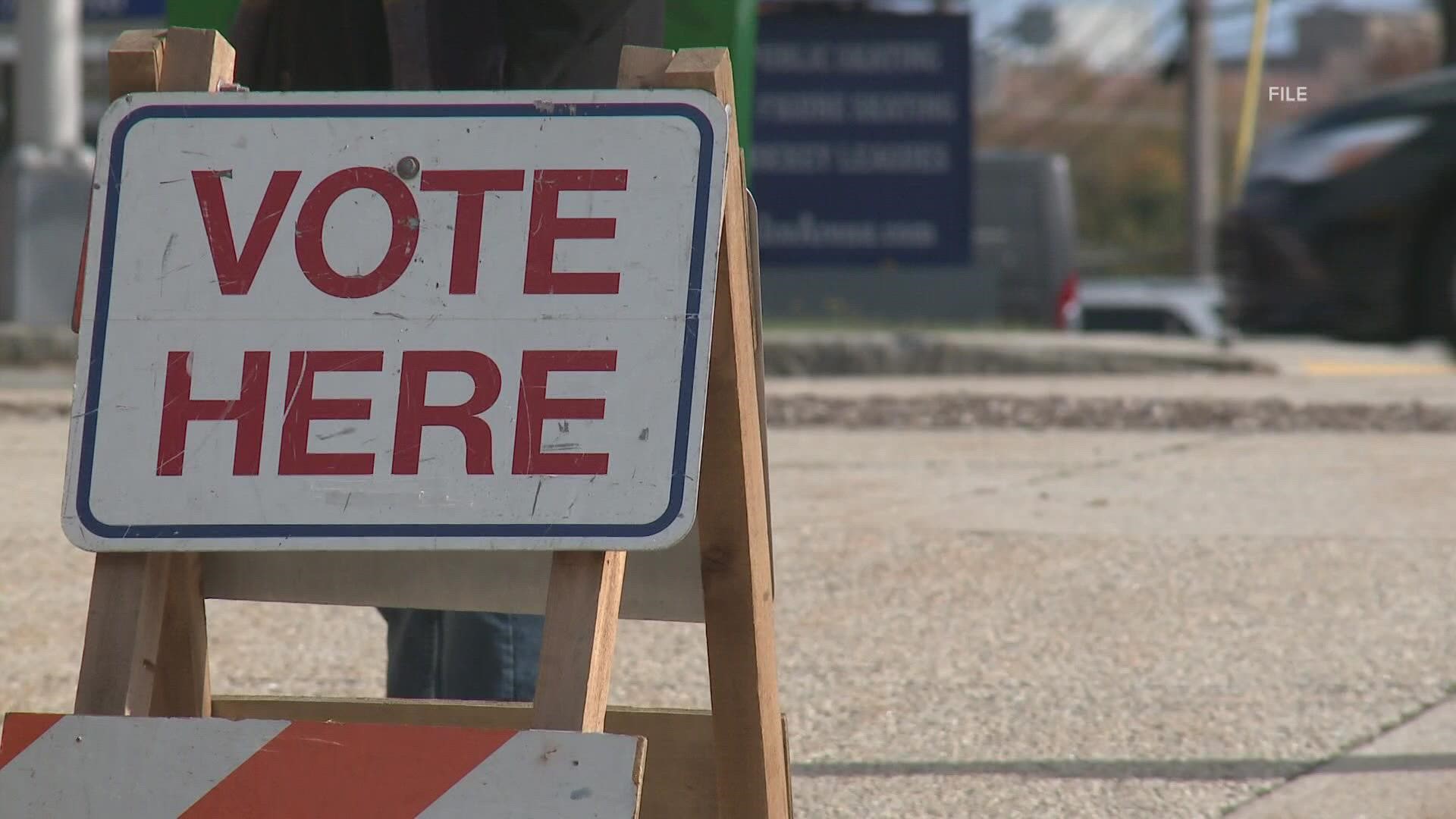AUGUSTA, Maine — David Emery remembers when he first ran for office in 1970, Republicans were strong in Maine.
“You could go to Knox, Lincoln, and Waldo, Sagadahoc except for Topsham and Bath. All those towns were Republican. A Republican running in Falmouth would win two-to-one,” Emery said. A few years later, he became Maine’s first district congressman — as a Republican.
Tony Buxton recalled those times, too. He was starting out as an activist in the Democratic Party, which was strong in mill towns, in Portland, and some other places.
Maine’s political landscape had been that way for years, but it was changing. And the political balance of the state would soon be turned on its head as Democrats took over.
“Cape Elizabeth, for example,” Buxton said. “Very partisan Republican, Reagan/Bush conservatives. [It] now votes consistently Democrat. And the same is true up the coast. Hancock County, which used to be the bastion of Republicanism for decades, now elects primarily Democrats."
That change over time has been dramatic. But it has worked in both directions, according to Emery.
“You have along the coast a more liberal electorate than used to exist. And inland, where we have what used to be blue-collar mill towns, you have people voting Republican who had never voted Republican before,” Emery said.
What changed? The population — or, more precisely, where people live and who lives there.
“Basically, the population weight has shifted from western and northern Maine to coastal and southern Maine,” Buxton says.
“We have lost much of our manufacturing base like the rest of the country, and that has affected all the institutions — churches, schools, government, all those things," he said.
Buxton and Emery said that, at the same time, more people were moving into Maine, many from states with larger numbers of Democratic voters. Those factors combined to increase the number of Democratic voters.
In the formerly labor union, Democratic mill towns of central and northern Maine, Republicans now hold more influence.
“Inland Maine, rural Maine, is now the Republican bastion," Emery said. “The river valleys, in particular, have moved from labor-oriented communities to Republican. So, you now have the upper Androscoggin valley, and, to some extent, the same for the upper Kennebec and upper Penobscot valleys.”
Emery added it has all created some new political dividing lines.
“If you live north of Route 2, you’re almost certainly a Republican. If you live south of Route 1, you’re likely a Democrat. And if you live in between, it could go either way,” he said.
The most recent statewide party enrollment numbers from the Maine secretary of state show Democrats with a clear advantage:
- Democrat - 339,103
- Republican - 272,003
- Unenrolled - 257,565
Maine’s Green, Independent, and Libertarian parties are tiny by comparison:
- Green - 35,051
- Libertarian - 942
Those numbers are no guarantee of how individual races will wind up because voter turnout can have a significant impact. And in legislative races, candidates may be in districts that have a closely-divided electorate or ones that have a different party advantage.
The shift in Maine’s political landscape has not prevented Republicans from being elected to the U.S. Senate or House over the years.
From 1970 to the present, Maine has had senators of both parties who have been nationally prominent but, Buxton said, have still been regarded by Maine voters as reasonable.
“That was the defining criteria for their election. That’s how Muskie won in the fifties by being a reasonable person a Republican could accept. That’s how Bill Cohen won in the 70s and 80s. George Mitchell prided himself on thinking things through, and he cited his favorite president was Dwight D. Eisenhower,” Buxton said.
More recently, Olympia Snowe, Susan Collins, and Angus King have generally been regarded the same way by a majority of voters.
Buxton said he thinks that the era of reasonable senators could be at risk, given the polarization of U.S. politics.
Emery said he thinks Mainers won’t vote for the extremes.
“I don’t see it changing,” Emery said. “l think it would be very difficult for someone to be elected to U.S. House or U.S. Senate from Maine who is way to the left or way to the right because that’s not where Maine is.”

